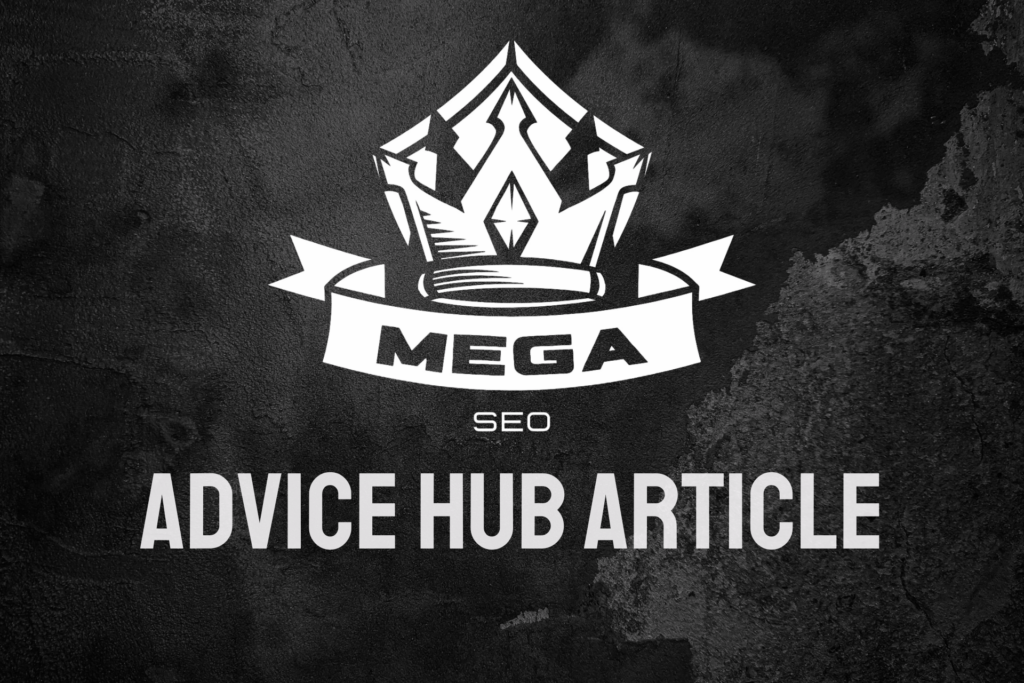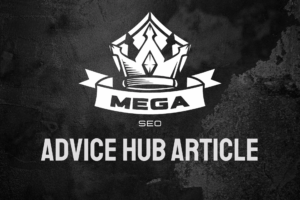Semantic search represents a fundamental shift in how search engines understand and interpret user queries. Moving beyond simple keyword matching, semantic search focuses on understanding the context, intent, and relationships between words to deliver more relevant search results. This comprehensive guide explores how semantic search shapes modern SEO strategies and influences content creation approaches.
What Is Semantic Search and Why Does It Matter?
Semantic search refers to the ability of search engines to understand natural language patterns and the contextual meaning behind search queries. Rather than focusing solely on specific keywords, search engines now analyse the relationships between words, concepts, and user intent to provide more accurate and helpful results.
How Does Semantic Search Impact Content Creation?
Creating content for semantic search requires a deeper understanding of topic clusters and related concepts. Here’s how semantic search influences content development:
- Topic Coverage: Content must comprehensively cover related subtopics and answer common user questions within the main subject area. This approach helps search engines understand the depth and breadth of your expertise.
- Natural Language: Writing should flow naturally, incorporating synonyms and related terms without forcing exact-match keywords. This helps search engines understand the context and relevance of your content.
- User Intent Alignment: Content should align with different types of search intent – informational, navigational, or transactional – while maintaining natural language patterns.
What Role Does Entity-Based SEO Play?
Entity-based SEO forms a crucial component of semantic search optimisation. Entities are distinct concepts, people, places, or things that search engines can identify and understand. Implementing effective on-page SEO strategies helps search engines recognise and connect these entities within your content.
How Can You Optimise for Entity Recognition?
To improve entity recognition in your content:
- Schema Markup Implementation: Use structured data to explicitly tell search engines about the entities mentioned in your content and their relationships.
- Entity Relationships: Clearly establish connections between different entities in your content through contextual references and internal linking.
- Authority Building: Develop content that positions your brand as an authoritative entity within your industry sector.
How Does Technical Implementation Support Semantic Search?
The technical foundation of your website plays a vital role in supporting semantic search optimisation. Implementing proper technical SEO practices ensures search engines can effectively crawl, index, and understand your content’s semantic structure.
What Technical Elements Should You Focus On?
- XML Sitemaps: Maintain updated sitemaps that help search engines understand your site’s content hierarchy and relationships between pages.
- Internal Linking Structure: Create meaningful connections between related content pieces through strategic internal linking.
- Mobile Optimisation: Ensure your semantic optimisation efforts translate effectively across all devices.
What Role Does Local Context Play in Semantic Search?
Local context significantly influences semantic search results. Implementing effective local SEO strategies helps search engines understand geographical relevance and local intent signals.
How Can You Optimise for Local Semantic Search?
- Local Entity Associations: Create clear connections between your business and local geographical entities.
- Location-Specific Content: Develop content that naturally incorporates local terms, landmarks, and regional references.
- Local Business Schema: Implement structured data that helps search engines understand your local business context.
How Does Off-Page Authority Impact Semantic Search?
Building authority through off-page SEO efforts strengthens your semantic search presence. Quality backlinks from relevant sources help establish topical authority and reinforce semantic relationships.
What Off-Page Strategies Support Semantic Search?
Focus on building meaningful connections through:
- Topical Link Building: Acquire links from websites within your semantic network of topics and industries.
- Brand Mentions: Generate unlinked brand mentions that help search engines understand your brand entity.
- Social Signals: Create social media engagement that reinforces your topical authority and brand recognition.
How Can You Measure Semantic Search Performance?
Measuring the effectiveness of semantic search optimisation requires looking beyond traditional keyword rankings:
- Topic Coverage Analysis: Monitor rankings for related terms and long-tail variations.
- User Engagement Metrics: Track time on page, bounce rates, and user interaction patterns.
- Featured Snippet Performance: Monitor your content’s appearance in featured snippets and knowledge panels.
Partner with Semantic Search Experts
Understanding and implementing semantic search optimisation requires expertise and ongoing attention to detail. Our SEO team based in Wigan specialises in developing comprehensive semantic search strategies that drive meaningful results for businesses across the UK.
Ready to enhance your website’s semantic search performance? Contact us to discuss how our tailored semantic search optimisation services can help your business achieve better search visibility and more qualified organic traffic.



